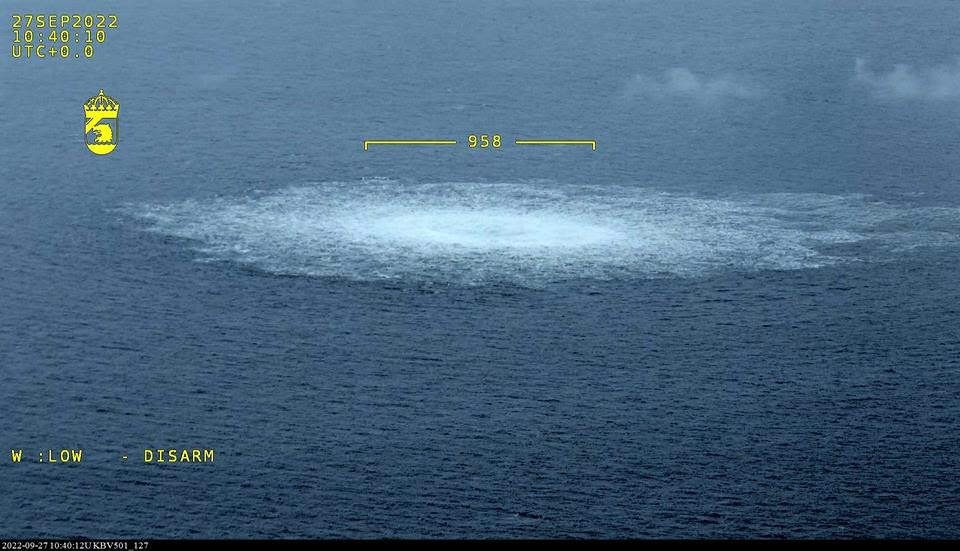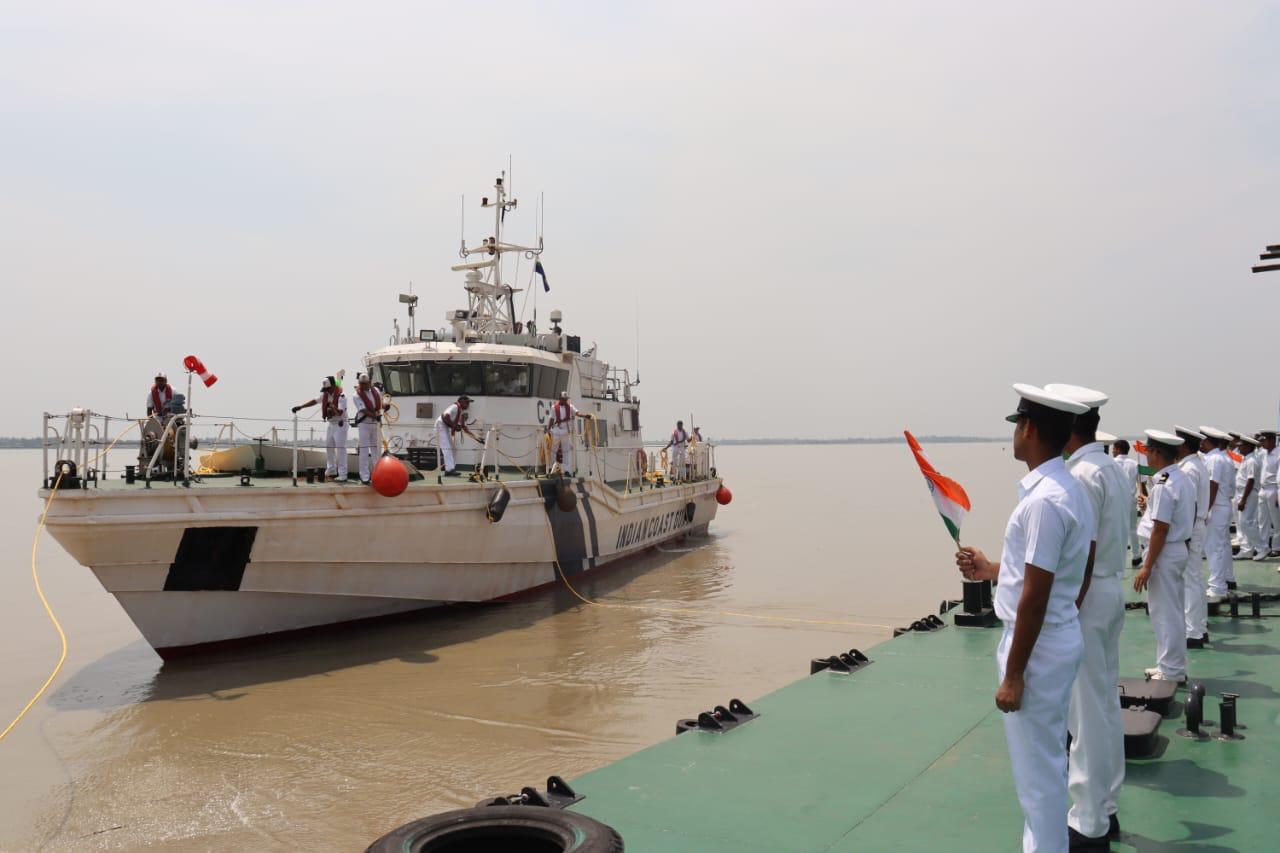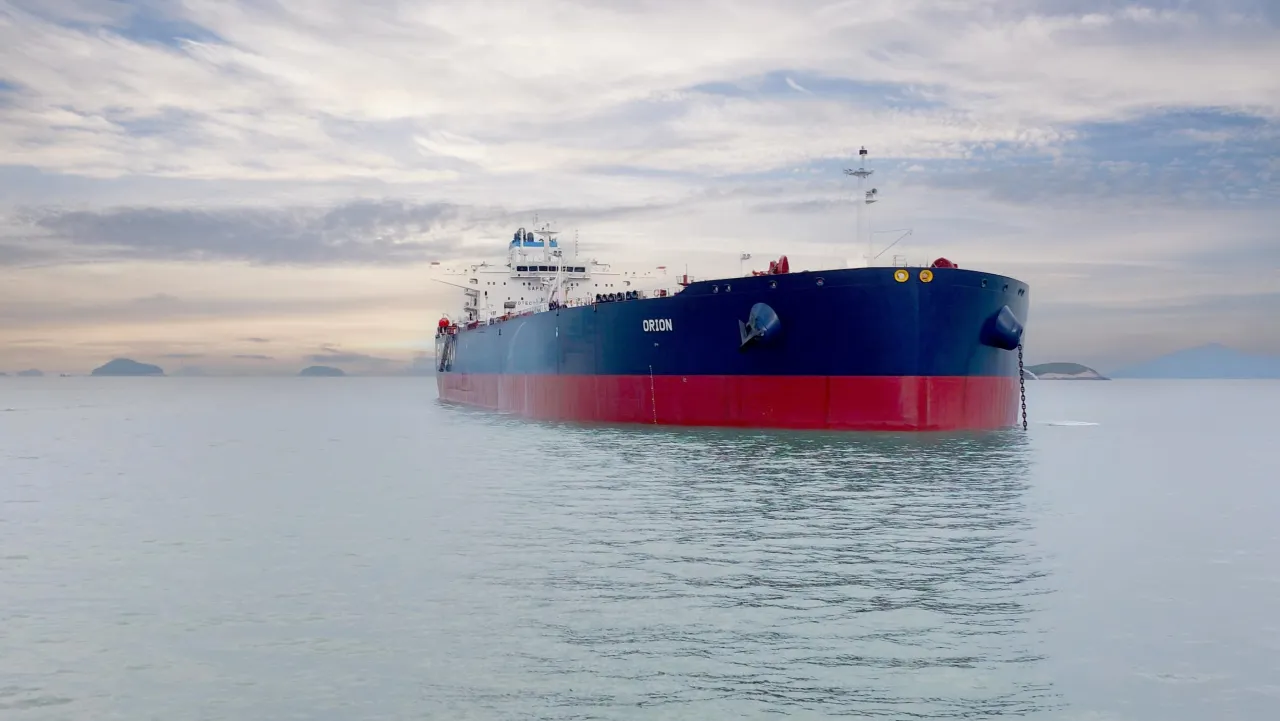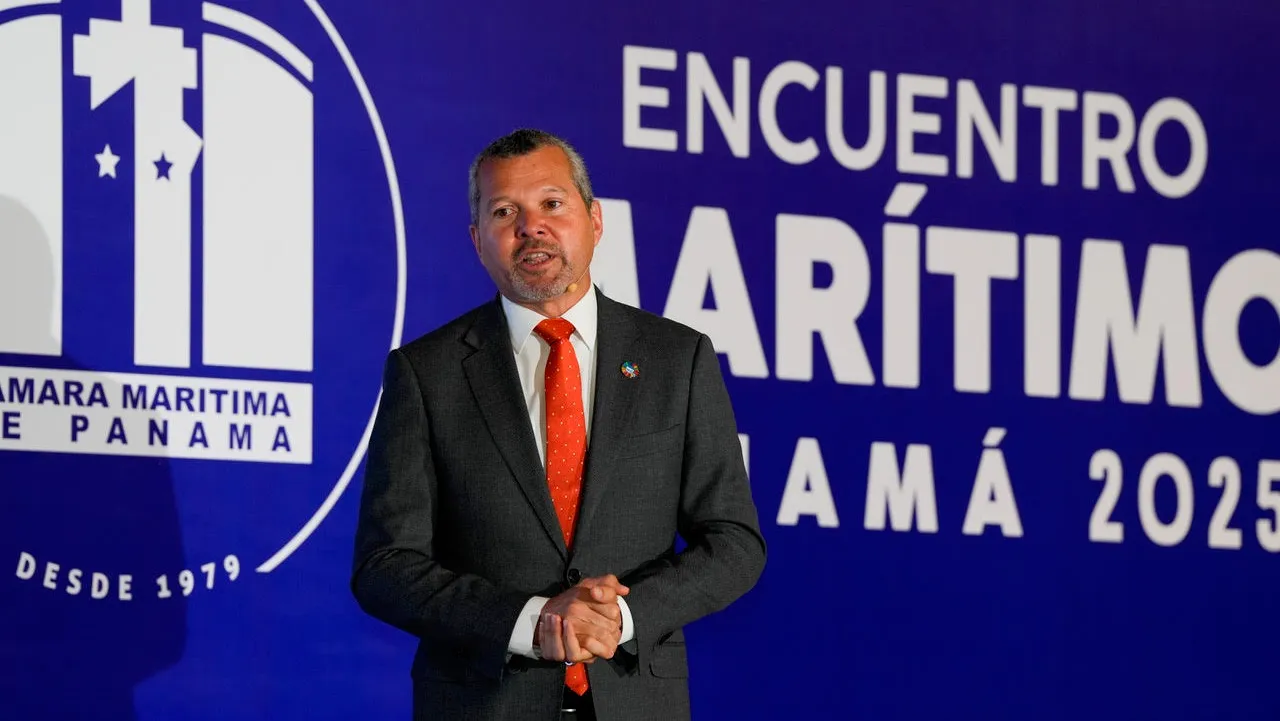Shippingtelegraph: Nord Stream gas pipeline explosions: What we know three years later
Nearly three years since the blowing up of the Nord Stream gas pipelines, a senior United Nations official underscored that any intentional damage to critical civilian infrastructure should be condemned and investigated.
The destruction of the Nord Stream gas pipelines in September 2022 has heightened concerns about the safety and security of critical civilian infrastructure “at a time of heightened tensions in the region,” said Miroslav Jenča, Assistant Secretary-General for Europe, Central Asia and Americas, Departments of Political and Peacebuilding Affairs and Peace Operations.
He noted that the incident has also fuelled speculation over the past years, reiterating that the United Nations has no additional details of events and is not in a position to verify or confirm any claims or reports regarding the matter.
He also highlighted that Danish, German and Swedish authorities have provided regular updates on their separate national investigations.
In the current volatile security environment, he stressed the importance of avoiding the politicization of any findings or developments, instead urging all parties to prioritize cooperation and dialogue.
As part of this investigation, the Federal Public Prosecutor General of Germany announced that a Ukrainian national was arrested in Italy on August 21, based on a European arrest warrant.
The Ukrainian citizen was detained in Italy on suspicion of involvement in the pipeline explosions. Prosecutors allege that he was part of a group that planted explosives on the gas pipelines near Bornholm in September 2022.
The Ukrainian is suspected of being one of the masterminds of the operation, federal prosecutors say.
Kiev denies being behind the attack, which came in the year Russia launched its full scale invasion of Ukraine.
The arrest is the first significant breakthrough in the investigation of mysterious underwater explosions that occurred in September 2022 in the Baltic Sea.
The Russian Federation, however, has continued to voice concerns about the ongoing German investigation, calling for an international inquiry into the Nord Stream incidents.
On a UNSC briefing on the Nord Stream Sabotage, the representative of the Russian Federation called for a meticulous investigation into this “terrorist act”, which resulted in “unprecedented, deliberate destruction of civilian infrastructure,” with direct risks to both the environment and navigation in the Baltic Sea. He stressed that the inquiry must identify the perpetrators to ensure such crimes are never repeated.
As he said, despite numerous appeals, Sweden, Denmark and Germany, conducting their respective national investigations, had chosen to exclude the international community, releasing only “snippets of information” to the media that were insufficient to form a full picture of the events. This, he claimed, was done under the pretext of maintaining “investigative confidentiality,” while all three States refused to cooperate with the Russian Federation.
According to the Russian representative, the Danish and Swedish investigations concluded after nearly 18 months with only one finding – that “the Nord Stream pipelines had indeed been blown up” – without identifying those responsible.
“We’ve been asked to believe,” he said, that a “group of some amateur divers managed to arrive unnoticed in the area of Bornholm Island, descended to a depth of 70-80 meters to install in murky waters explosive devices under two branches of a gas pipeline, which was protected from natural and man-made disasters using cutting-edge technologies.” “It seems like the plot of a spy thriller,” he added.
At that time, Danish authorities concluded the Nord Stream 1 and 2 pipelines had been “deliberate sabotaged” in September 2022 but said there was no basis for pursuing a criminal case in Denmark.
Based on the investigation, the authorities concluded that there was “deliberate sabotage of the gas pipelines.”
Danish police said that the investigation, which was carried out with the Danish security and intelligence agency PET, had been “complicated and extensive” and said it would not provide further comment on the case.
“We see no reason to question the impartiality, thoroughness or scope of the ongoing German investigation,” countered Denmark’s delegate. The explosions on pipelines connecting the Russian Federation and Germany occurred in international waters; however, because one of the explosions took place within the Danish Exclusive Economic Zone, Copenhagen’s independent authorities conducted their own investigation in close cooperation with international partners. Their findings confirmed that the pipelines had been deliberately sabotaged, but concluded there were insufficient grounds to pursue a criminal case in Denmark. “No one is obstructing the Russian investigation,” he emphasized.
He further noted that, while Moscow has repeatedly demanded the Council’s attention on the Nord Stream incidents, it has simultaneously been carrying out systematic military attacks on Ukraine’s critical infrastructure – rendering its professed concern for infrastructure “rather hollow”.
Sweden also decided to close its investigation concerning gross sabotage against Nord Stream in September 2022, stating they don’t have jurisdiction.
Last year, the Swedish investigation led to the conclusion that there is no longer any reason to continue the Swedish preliminary investigation, because it can be assumed that Swedish courts lack jurisdiction.
There is no evidence so far linking Ukraine, Russia or any other state to the attacks.
Related Posts




